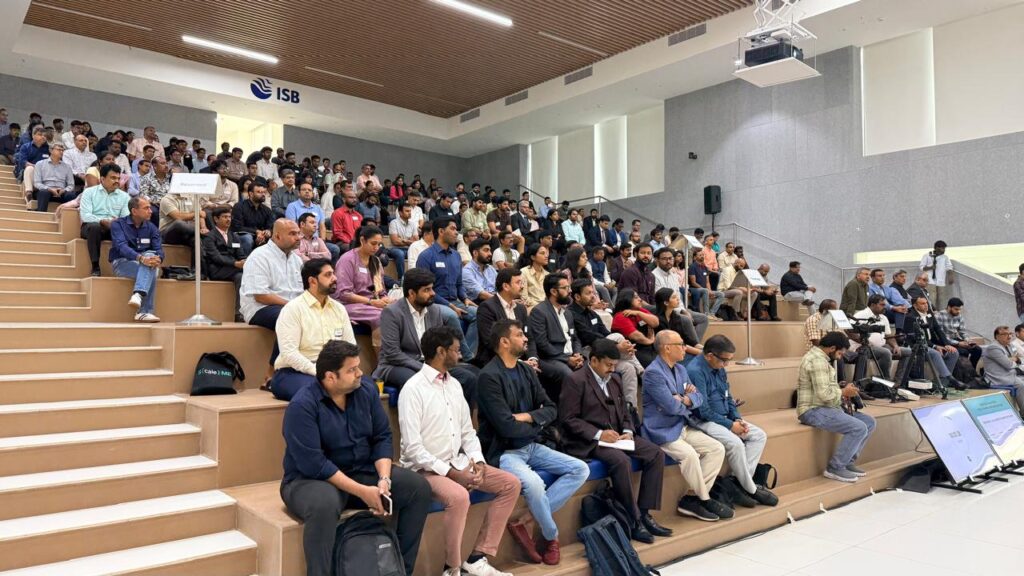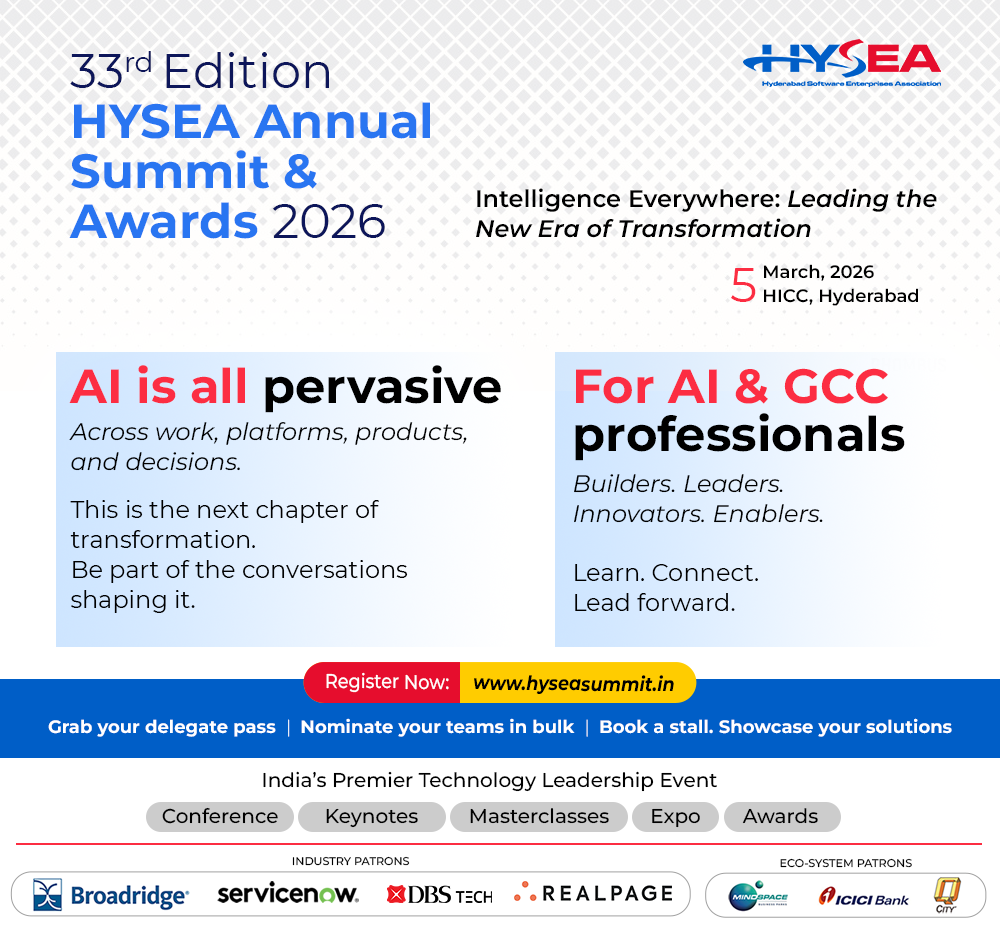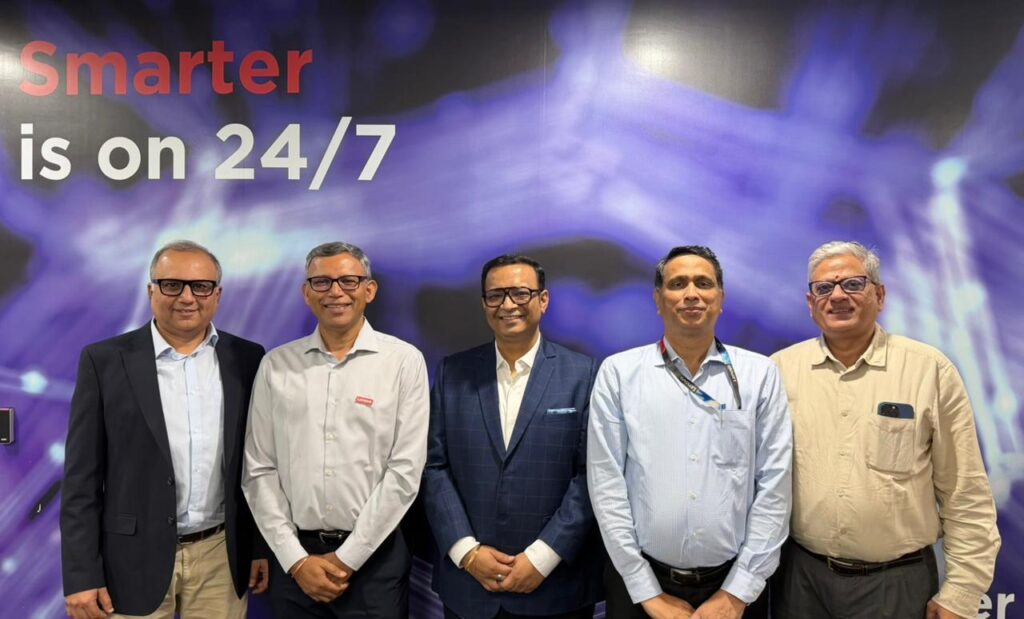
Often we communicate with the limited amount of vocabulary we have. As leaders, managers and team members we are constantly trying to rally our teams, manage expectations and resolve conflicts etc etc.
Each of us acquire a certain vocabulary related to technology, marketing, business development and other areas through our schooling, interacting with people, reading and by just being with other people.
As an engineering manager I deal with understanding what my team does and how best to correct their course of actions. There are often times when the engineering team thinks the output is right and the work is done. But how do you explain it to them that it”s probably not completely done?
We often say it”s a false positive.
False Positive is a result that indicates a given condition has been fulfilled, when it actually has not been fulfilled. A False Negative error, or in short false negative, is where a test result indicates that a condition failed, while it actually was successful, i.e. erroneously no effect has been assumed.
Mental models like this help us to better communicate our intent in few words. Also it becomes a part of the teams vocabulary as well, where they can communicate back effectively as well.
A mental model is an explanation of someone’s thought process about how something works. Mental models help us internalize or represent any situation and help people understand and reason with decision making.
Our own Gurus and Sadguru”s depend on a lot of mental models to explain and unravel mysteries around us. As a communicator I often depend on a lot of mental models to better associate with my fellows.
Here”s some vital mental models to get your feet wet.
Critical Mass – In social dynamics, critical mass is a sufficient number of adopters of an innovation in a social system so that the rate of adoption becomes self-sustaining and creates further growth.
Occams Razor –Among competing hypotheses, the one with the fewest assumptions should be selected.
Cognitive Bias – Tendencies to think in certain ways that can lead to systematic deviations from a standard of rationality or good judgments.
Selection Bias – The selection of individuals, groups or data for analysis in such a way that proper randomization is not achieved, thereby ensuring that the sample obtained is not representative of the population intended to be analyzed.
Observer Effect – Changes that the act of observation will make on a phenomenon being observed.
Simpsons Paradox – A paradox in probability and statistics, in which a trend appears in different groups of data but disappears or reverses when these groups are combined.
Using Mental Models consciously, will help you communicate better, make educated decisions, mindmap and organize your very own thoughts.
About The Author
Srinivas Aki in his current role as the CEO & Founder of The Egghead Creative works with entrepreneurs and startups advising them on technology, products and strategy. As an Indian born and US bred technologist, he brings a formidable outlook to software driven endeavors. If you are an early stage startup looking for advise, reach out to the author at srini@eggheadcreative.com








